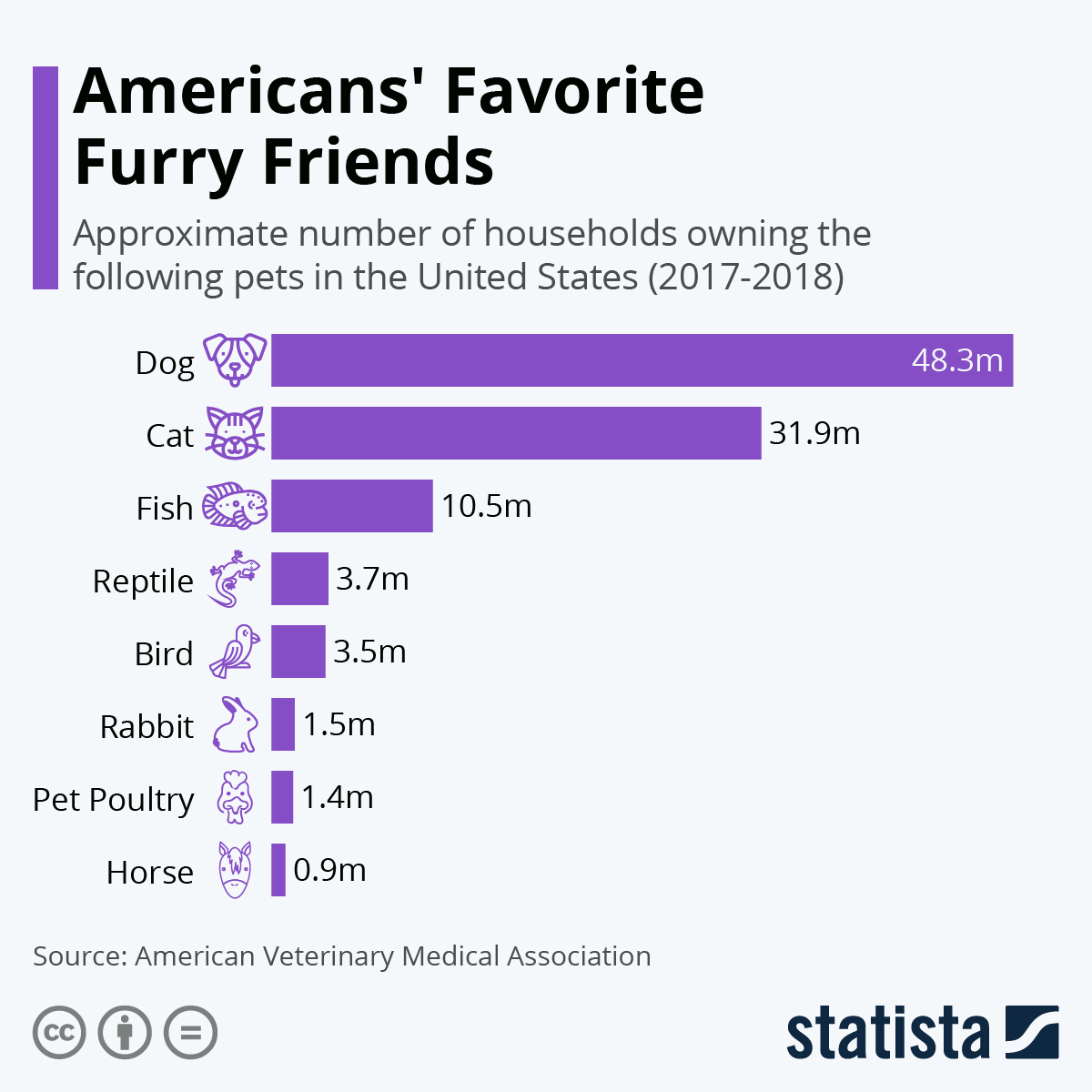🎙️ Voice is AI-generated. Inconsistencies may occur.
The saying goes you're either a cat person or a dog person, with some people having very strong views on which is the better four-legged friend.
But if you're unsure of your favorite, or constantly defend your choice against others, now an optical illusion promises to reveal which animal you're subconsciously drawn to.
The image, created by Jackpotjoy, features two distinct profiles: a two-toned long-eared spaniel, and a pair of cats sitting next to each other. Whichever animal you see first will supposedly reveal which creature you're more drawn to.
Jackpotjoy said: "According to psychologists, people who favor dogs are more likely to be loyal and friendly, playful, easy to get on with and often outgoing too.

"They typically like to socialize with loved ones and enjoy companionship. They are also more likely to be protective in their relationships and very loving.
"It is said that they can get lonely if they don't have company, but they do tend to look on the bright side of things."
But if you see the cats first, this means: "In contrast, people who prefer cats are said to be more goal-oriented and motivated.
"They're more likely to enjoy their own company—and be introverted—or enjoy being in independent.
"Cat people may also be attention-seeking at times but can be born leaders who are creative and always on the lookout for the next opportunity."
The chart below, provided by Statista, shows America's most popular pets.
 You will find more infographics at Statista
You will find more infographics at StatistaCats and dogs are the nation's favorite pets, with canines slightly more popular among Americans.
Figures on U.S. pet ownership statistics, from the American Veterinary Medical Association (AVMA), covering 2017-2018, showed 48.3 million households had a dog.
That worked out to 38.4 percent. Meanwhile, some 31.9 million households are home to a feline, which works out to 25.4 percent.
Regardless of whether you are team cat or dog, our furry friends are an important part of many families, and we form strong emotional bonds with our familiars throughout the years.
The Centers for Disease Control and Prevention (CDC) acknowledged animals can also "help manage loneliness and depression by giving us companionship."
They improve our health in other ways too, as the site went on to explain: "Studies have shown that the bond between people and their pets is linked to several health benefits, including: Decreased blood pressure, cholesterol levels, triglyceride levels, feelings of loneliness, anxiety, and symptoms of PTSD.
"Increased opportunities for exercise and outdoor activities; better cognitive function in older adults; and more opportunities to socialize."
About the writer
Rebecca Flood is Newsweek's Audience Editor for Life & Trends, and joined in 2021 as a senior reporter. Rebecca specializes ... Read more



